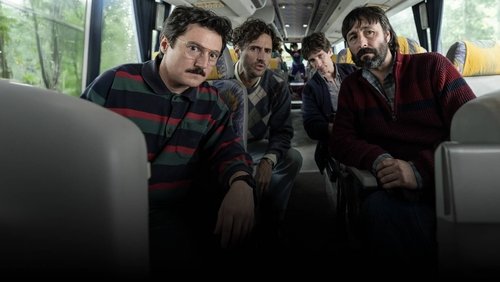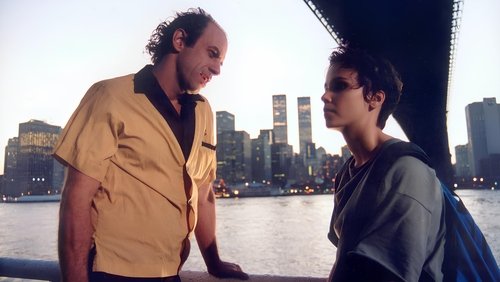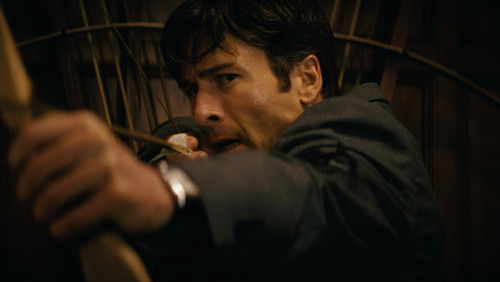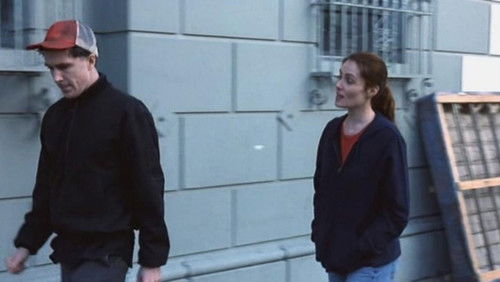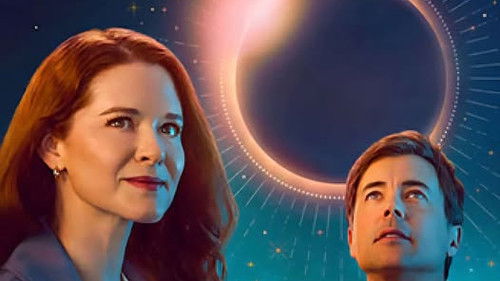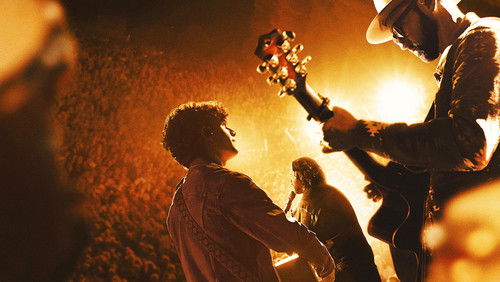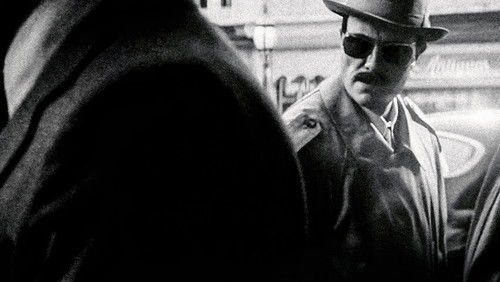Después de Lucía (2012)
57KDespués de Lucía: Directed by Michel Franco. With Tessa Ia, Hernán Mendoza, Gonzalo Vega Jr., Tamara Yazbek. Alejandra and her dad Roberto have just moved to town. She is new at school, he has a new job. Starting over is sometimes complicated when you have left so much behind.
“I saw this film at the Ghent filmfestival 2012. A chef (Roberto) and his daughter (Alejandra) move to a city where both are new. Their wife resp. mother has recently died in a car accident, and their move seems a recipe to get some distance from what happened and an attempt to deal with their loss. Father and daughter follow their own path to get settled in their new environment.u003cbr/u003eu003cbr/u003eWe see Roberto starting to work in a restaurant, but his depressive mood and sudden impatience hinders him from a fruitful working relationship with co-workers. He quits suddenly, but that solved nothing and he regrets this hasty decision. We see him later on working as a chef again. But the remembrance of his loss continues to haunt him. His depressions and anger are never taken out on his daughter, however.u003cbr/u003eu003cbr/u003eAlejandra seems to get along well with her new classmates, and integrates remarkably fast. That turns around when a film showing her being drunk and having sex during a party, happens to be published on Internet. That triggers an unbelievable amount of bullying by her classmates, often to such an extent that you eagerly want to look away. But you canu0026#39;t, while the camera is close by and does not let go.u003cbr/u003eu003cbr/u003eIt is difficult to believe that the young players are all amateurs with no previous experience on stage or film-set. They have a significant part in the proceedings, be it the collective bullying of Alejandra, or the collective silence when interrogated by teachers about what is going on. The boys and the girls play equal roles in the bullying. I see them showing a very natural way of behaving, even with the camera very close.u003cbr/u003eu003cbr/u003eThe collective mindset, all against one, is not easy to watch. Teachers nor parent have any idea that worrisome things are going on. You feel alone with Alejandra. With apparently no one to rescue her, it is all very disturbing to witness. Teachers are not aware, because these school kids are too old to need constant supervision, and have a lot of leeway to fill their own time. The parent (Roberto) is not aware that anything bad is happening with Alejandra. As a loving daughter she takes all trouble to shield her father from any bad news, observing his depressive moods. Not until very very late in the story we see involvement of teachers and parent.u003cbr/u003eu003cbr/u003eA few loose ends remain unexplained, maybe only to show Robertou0026#39;s depressive mood and nothing else. Best example is that in the beginning of the film we see that he let a garage fully restore his wifeu0026#39;s car after a crash, to subsequently abandon it somewhere with the keys inside to continue his journey on foot. Halfway the film we see the same car wrecked again after a disastrous joy riding. Similar inconsistencies I have with Robertou0026#39;s job at a the restaurant where he works at first, then quits, and later on resumed working without much explanation. All things considered, these are minor details.u003cbr/u003eu003cbr/u003eThe camera closes in on the story. The situation gets from bad to ugly, and without anyone on the rescue. I consider this a very strong feature of this film, letting us watch what happens from very close. You get involved, willingly or not. I scored a 5 (out of 5) for the audience award when leaving the theater. In hindsight, though not as bad as Alejandra, I feel a bit lonely too when seeing that this film ended on the 38th place for the audience award, in my opinion undeservedly surpassed by several films with much less qualities.”

